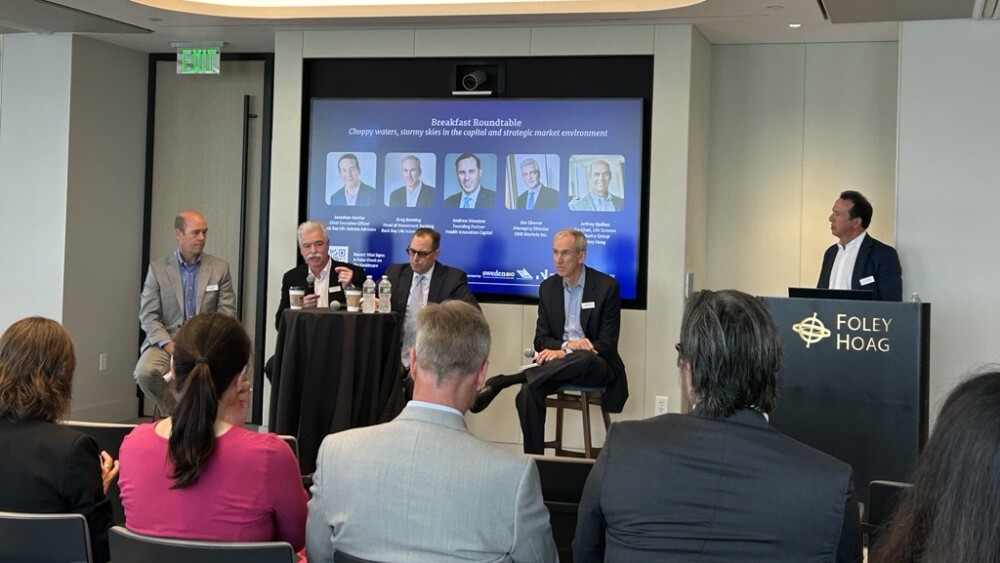Pathologists and toxicology laboratories on the front lines of opioid crisis.
Pathologists and toxicology laboratories on the front lines of opioid crisis
Chicago/Sept. 24, 2018--Across the country, in states, in cities, in the small towns and in the neighborhoods, there is perhaps no greater crisis than the opioid epidemic. It is shattering families and local economies and placing enormous stress on our health system. In terms of public health impact, it is one of our highest concerns and should be one of our highest priorities.
Few families have escaped the opioid crisis, especially adolescents and young adults. In fact, drug deaths now exceed traffic fatalities. In many medicolegal offices, drug overdose is the most common cause of death. On the front lines of this epidemic are the medical examiners (forensic pathologists who investigate and certify these deaths) and the clinical toxicology laboratories.
“The toxicology laboratory can play a vital role in fighting the opioid epidemic by implementing proper drug testing protocols to monitor compliance of pain management patients with opioid prescription medication,” says Amitava Dasgupta, PhD, professor of pathology and laboratory medicine at UT Health McGovern Medical School in Houston.
Dr. Dasgupta will examine the opioid epidemic and the efforts to combat it in his presentation “Fighting the Opioid Epidemic: Who Is Vulnerable and What Can the Toxicology Laboratory Do?” taking place during the ASCP 2018 Annual Meeting, Oct. 3-5, in Baltimore. Dr. Dasgupta’s session will take place 8-9:30 a.m., Wednesday, Oct. 3 in Room 324-326 at the Baltimore Convention Center.
“Not detecting the intended drug in urine indicates non-compliance or the selling of the drug in a clandestine market,” says Dr. Dasgupta, a toxicology specialist. “It is also important to identify patients who abuse other illicit drugs along with prescription opioids.”
In addition to Dr. Dasgupta’s session, there will be a Roundtable Discussion on The Opioid Epidemic in North America, at 12:45 p.m. on Thursday, Oct. 4, led by ASCP Past President William E. Schreiber, MD, FASCP. He is a consultant pathologist at Vancouver General Hospital, Vancouver, British Columbia, and a professor in the Department of Pathology & Laboratory Medicine at The University of British. Dr. Schreiber is also the medical director of the Provincial Toxicology Centre, Vancouver.
Dr. Schreiber will also co-present a session, All about Opioids: A Look at the Escalating Overdose Crisis in North America, with Roger Bertholf, PhD, at 3 p.m. Thursday, Oct. 4, in Room 324.
Dr. Dasgupta received his PhD in chemistry from Stanford University and completed his clinical chemistry/toxicology fellowship at the University of Washington at Seattle. He directs clinical chemistry, toxicology and point of care services at the Laboratory Services of Memorial Hermann-TMC, in Houston. He is also the medical director of the limited services laboratory of the TIRR-Memorial Hospital in Houston.
About ASCP
Founded in 1922 in Chicago, ASCP is the world’s largest professional membership organization for pathologists and laboratory professionals. ASCP provides excellence in education, certification, and advocacy on behalf of patients, anatomic and clinical pathologists, and medical laboratory professionals. To learn more, visit http://www.ascp.org. Follow us on Twitter at http://www.twitter.com/ascp_chicago and connect with us on Facebook at http://www.facebook.com/ASCP.Chicago.




